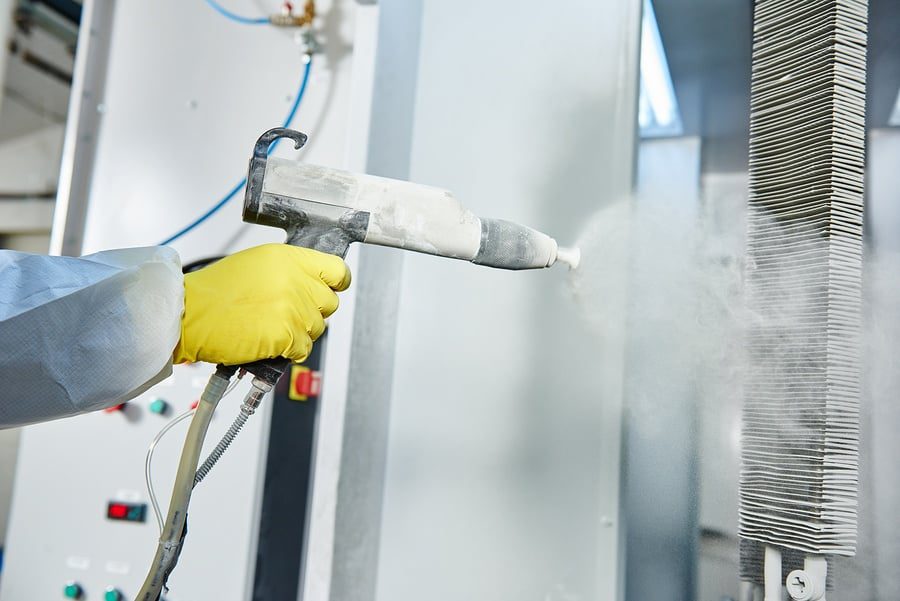The Motor Vehicle Safety Act of 2010
The Motor Vehicle Safety Act of 2010
Koua Fong Lee spent three years in prison after he was convicted of vehicular homicide. According to Minnesota Public Radio, in 2006 Lee’s vehicle hit three other cars stopped at a red light, killing three people. As Lee’s position had always been that he tried to brake but that his 1996 Toyota Camry suddenly accelerated, Judge Joanne Smith granted Lee a new trial after hearing testimony from other Camry owners of similar experiences and other evidence. Prosecutors have announced that they will not seek a new trial.
While Lee’s story may be unique, the injuries and fatalities stemming from such a crash are not. Indeed, the reports of other accidents involving alleged acceleration problems, combined with the finding that Toyota sat on a dangerous pedal defect have fueled a public outcry. Toyota has thus, finally issued a recall for many vehicles, and earlier this year U.S. Transportation Secretary Ray LaHood announced that Toyota agreed to pay $16.375 million, the largest fine permitted by law and the largest civil penalty ever assessed against an auto manufacturer by the National Highway Traffic Safety Administration (NHTSA).
However, while the penalty sounds high, it is reportedly the equivalent of little more than $2 for every vehicle the company sold worldwide in 2009. Absent the statutory cap, government lawyers say that Toyota could have faced fines of $6,000 per vehicle sold with defective pedals, or $13.8 billion. While paying the fine may be a gesture of goodwill to the public, automobile safety advocates are focusing on the underlying catalyst for the fine, and calling for significant legislative reform.
Motor Vehicle Safety Act of 2010
In the wake of the Toyota recalls, Congress has conducted public hearings. Accordingly, both the House Energy and Commerce Committee and the Senate Commerce Committee reported out bills within two weeks of each other earlier this year. The companion bills, titled “The Motor Vehicle Safety Act of 2010”, have a lot in common;
Strengthen vehicle electronics and safety standards: Requirements proposed in both bills include standard stopping distance, brake override and pedal placement; requirements for electronic systems performance, keyless ignition systems, transmission configurations, vehicle event data recorders and accelerator control systems; and minimum sound requirements for electric and hybrid vehicles
Make vehicle safety information more accessible: Both pieces of proposed legislation would refine reporting requirements, including those set forth by the Transportation Recall Enhancement, Accountability, and Documentation Act of 2000; and facilitate access to safety-related information by the public and promote safety defect reporting
Increase manufacturer liability for misleading or incomplete disclosures: Both bills expand corporate accountability for failures of or incomplete disclosure to NHTSA and restrict NHTSA employees from working in the automotive industry for a set period of time. The Senate bill increases the cap on fines from the current limit of $16.375 million to $300 million
Make more funding available to NHTSA and equip it with more authority: Upon a finding of an “imminent hazard,” both bills grant NHTSA the power to expedite safety recalls
Auto Industry and Safety Advocate Responses to the Bill
The U.S. automobile industry is reportedly balking at the proposed legislation, specifically at the newer higher limit on fines as proposed in the Senate bill. The industry also opposes the per-vehicle fee and the ability of people to appeal NHTSA decisions against investigating possible defects, both of which are found in the House version.
Predictably, industry officials are claiming that the bills, if enacted into law, would force a rise in vehicle prices and result in higher manufacturer exposure to lawsuits. The Alliance of Automobile Manufacturers has disclosed a letter sent to Jay Rockefeller and Henry Waxman, chairmen of the Senate Commerce Committee, and the House Commerce Committee, respectively. In the letter, the manufacturers contend that the proposed changes distort the process from one of identification of safety defects to one that “will involve more guarded communications and second-guessing by lawyers.”
Advocates of automobile safety also criticize the efforts, saying that the changes made so far have watered down the bills’ original goals set in the wake of the Toyota disclosure – to get tough on the industry.
Notwithstanding potential changes in the law, manufacturer liability to individuals who have been injured by defective automobiles still exists. Those who have been involved in an accident potentially involving negligent automobile design or manufacturing defects should contact a qualified attorney for counsel regarding their rights, including whether and how to bring a claim for damages. Additionally, if you or a loved one are in a serious motor vehicle accident in which sudden acceleration or some other serious product defect could be the cause, it is important to safeguard the potentially defective vehicle for later inspection by experts.






